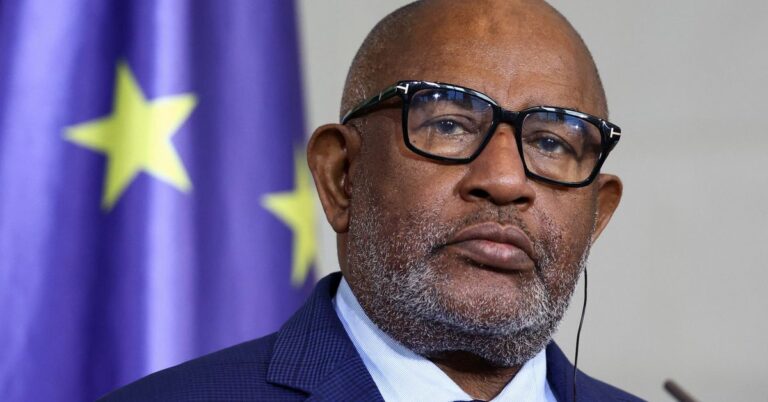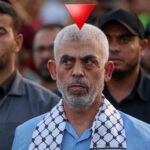Comoros President Azali Assoumani’s recent decision to grant new powers to his son has raised concerns among critics, who view it as a step toward entrenching the family’s control over the small African island nation.
In a decree that was published last week, the role in government of 40-year-old Nour El Fath Azali was reinforced, requiring that all decrees issued by ministers and governors must from now on be approved by the government secretary general before they are officially published and enacted.
Nour El Fath – who is Assoumani’s eldest son – was appointed secretary general in July.
A government lawyer said the decree was merely a structural reform formalising the role of secretary general as coordinator of government affairs.
If it were not for Nour El Fath Azali, this decree would not have drawn any attention.
It elevates the role of Nour El Fath – who has been the private advisor to his father since 2019 – to that of de facto prime minister.
Assoumani, a former military ruler who came to power in a coup in 1999, was re-elected as president in January after a disputed vote that was followed by two days of deadly protests. Assoumani, was tainted by allegations of voter fraud, has been accused by opponents in the Indian Ocean nation of preparing his son to replace him when his term ends in 2029. There is no doubt that Colonel Azali Assoumani, by granting presidential and constitutional prerogatives to his son, is preparing the latter to succeed him.

More on this story: Comoros protests are likely to shrink
Since then, he has been accused of growing authoritarianism. Constitutional reforms in 2018 extended a requirement that the presidency rotate among the three main islands from every five years to 10.
El Fath would therefore not be eligible to replace his father at the end of the presidential term in 2029 unless the constitution were changed again.
According to the constitution of the Indian Ocean archipelago of three islands and about 850,000 people, the president is head of state and head of government.
With this new decree, Assoumani is giving his son presidential and constitutional prerogatives that resemble monarchic rather than democratic practices It notably means that decrees issued by the governors of the Comoros’ three islands must be approved by the secretary general and marks a significant increase in authority.
Thus, El Fath’s powers will include evaluating ministers and intervening at all stages of the execution of government decisions, according to a presidential decree published on Tuesday.




